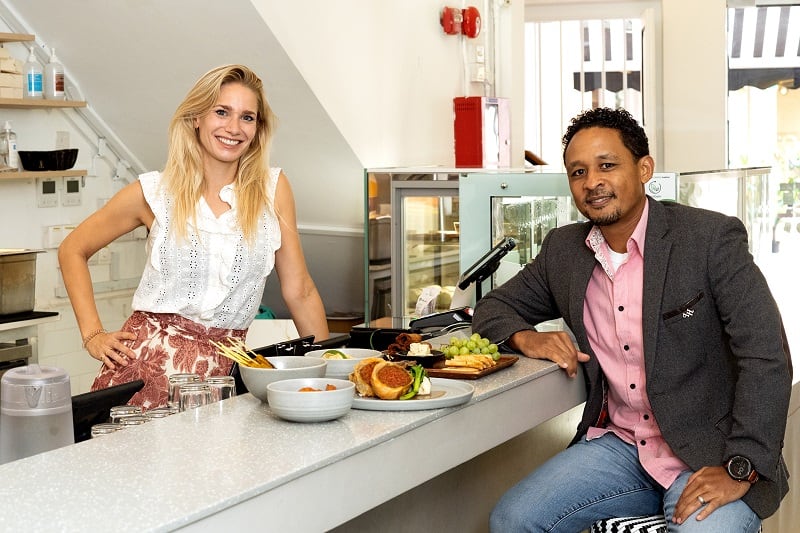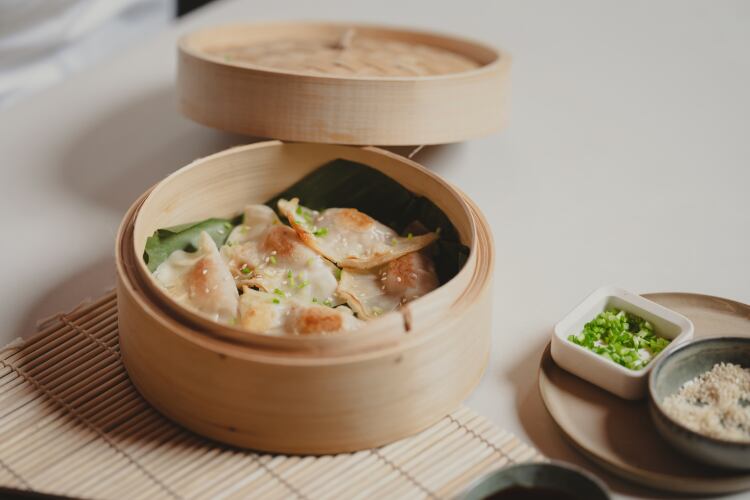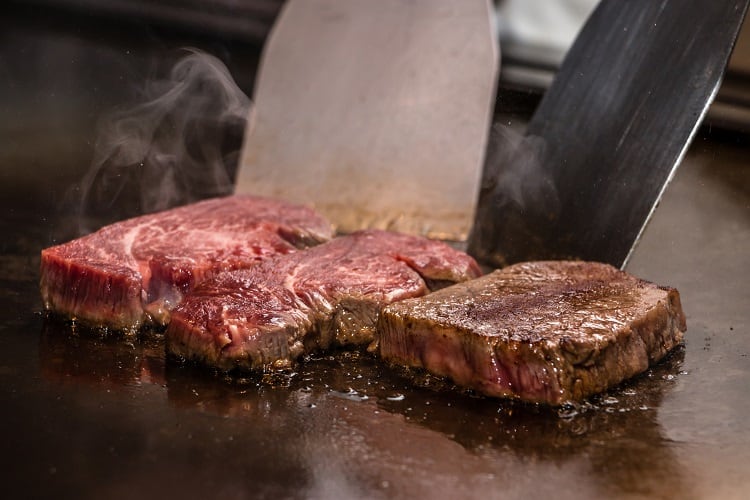The Delft-based start-up, which founded in the Netherlands in 2018 with the aim to ‘produce cultivated meat that looks like, tastes like and has the nutritional profile of traditional meat’, has announced a partnership with plant-based butcher Love Handle to establish the Future of Meat innovation centre in Singapore.
With a shared vision to create products ‘to satisfy the world’s growing demand for meat without harming the environment’, the two will collaborate on developing hybrid meat products - using both cultivated meat and plant-based materials - in Singapore to serve the global market.
Love Handle claims to be Asia’s first plant-based butcher, established in 2020. Its innovative products include pastrami made from jackfruit, chicken breast, chicken satay, beef steak and sausages. As well as running its own butcher and deli, Love Handle also powers an e-commerce platform and B2B sales.
Meatable and Love Handle are coming together to create what they claim is the world’s first Future of Meat innovation centre to ‘serve consumer demand for harm-free meat’. With an aim to launch the centre in 2023, the two companies will jointly invest around $6 million and employ up to 10 people locally. Together they will collaborate on developing hybrid cultivated meat, while other plant-based protein startups and scaleups will be able to use the centre to develop and optimize their own products to drive forward innovation in alternative proteins. The partnership was brought together by the Singapore Economic Development Board (EDB), a government organization tasked with supporting Singapore’s position as a leading innovation centre.
The Asian country was the first to approve cultivated meat in 2020 as part of its 30 by 30 strategy, which aims to build up its agri-food industry’s capability and capacity by producing 30% of its nutritional needs locally and sustainably by 2030. Last month, Meatable announced its partnership with CMDO ESCO Aster, the first and only global production facility with regulatory approval to produce cultivated meat, to produce Meatable’s cultivated pork products in Singapore. This partnership, along with the innovation centre with Love Handle, are part of Meatable’s wider plans in Singapore, which will invest over €60m and employ more than 50 people over the next five years. With these steps, Meatable has fully localized its supply chain so the country can become more resilient and enable greater food security for the future.
‘The lessons we will learn here will be essential in getting a head start in Europe and the UK’
Meatable is working closely with Singaporean food regulators to ensure its cultivated pork products meet regulatory requirements as it gears up for production.
However, Caroline Wilschut, CCO of Meatable, told FoodNavigator its moves in Singapore have European implications. “One of the benefits of hybrid meat is that it will enable us to reach a wider audience faster so that we can start educating consumers and building trust which is essential to transform the meat industry and build consumer acceptance,” she said.
“That’s why the partnership in Singapore with Love Handle is a big step forward for Meatable to develop meat, at scale, that doesn’t cause harm to other people, animals or the environment. Other alternative protein companies will be able to use our Future of Meat Innovation Centre to develop their own products. As well, the lessons we will learn in Singapore, on product development, scaling up our processes, commercialization and how to work effectively with regulators and governments, will be essential in getting a head start in Europe and the UK.
"Meatable is committed to investing in products and countries to enable the growth of cultivated meat, in what is predicted to become a $25 billion industry by 2030. In the future, Meatable believes cultivated meat will be available on supermarket shelves and in restaurants along with plant-based products to enable consumers to have the best choice possible, with a minimal impact on the environment and animals.
“For now, Singapore is the only country in the world with the developed infrastructure and regulatory framework for cultivated meat. We look forward to working closely with partners and regulators in Europe, UK and the US to help develop this industry and look forward to when consumers will be able to enjoy our products across the world for the first time.”





